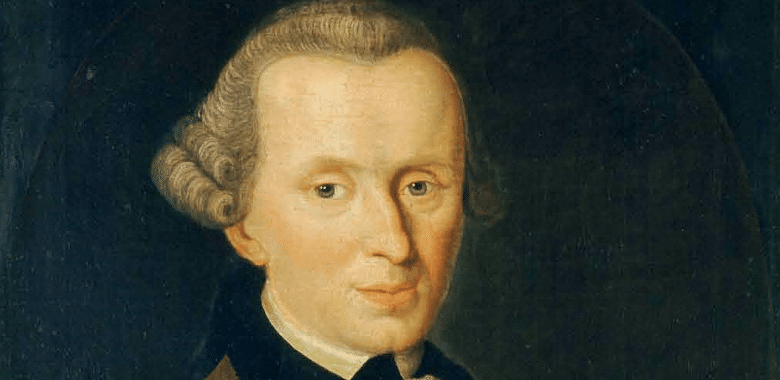Introduction Immanuel Kant (1724-1804) is a towering figure in the history of philosophy. In this passage from The Groundwork of the Metaphysics of Morals, Kant outlines his conception of the good will, his conception of duty, and how these ideas can be used to form a foundational principle of morality. Reading Nothing can possibly be conceived in the world, or even out of it, which can be called good, without qualification, except a good will. Intelligence, wit, judgement, and the other talents of the mind, however they may be named, …
Against Miracles – a short reading from Hume’s ‘Enquiry Concerning Human Understanding’
Introduction David Hume (1711-1776) is often considered to be the greatest philosopher ever to write in English. In Book 10 of An Enquiry Concerning Human Understanding, he discusses miracles. He argues that when deciding whether a miracle has occurred, we must weigh up the evidence in favour of the miracle occurring against the evidence on the other side. But a miracle is a violation of the laws of nature, and these laws have been established on the highest degree of evidence. For this reason, we have good reason to reject …
The New Foundations of Knowledge – a short reading from Descartes’ ‘Meditations on First Philosophy’
Introduction René Descartes (1596-1650) was a mathematician, scientist, and philosopher. Published in 1641, his Meditations on First Philosophy is one of the most influential works of philosophy ever written. Descartes aims to place philosophical knowledge on absolutely secure foundations. To do this he looks for a starting point which can be known beyond all doubt. Evidence from our senses sometimes mislead us, so they cannot be used a secure foundation of knowledge. In fact, it seems like it is possible to doubt almost all our knowledge. However, Descartes believes there …
Pleasure as the Highest Good – a short reading from Epicurus’ ‘Letter to Menoeceus’
Introduction In this passage from the Letter to Menoeceus, Epicurus (341 – 270 B.C.), summarizes two of his most famous ethical doctrines: that death should not be feared and that pleasure is the highest good. However, pleasure for Epicurus is not the indulgence of fine foods, drinking beer, and sex. Pleasure is simply the absence of pain. So for Epicurus, a simple life of quiet contemplation is the most pleasurable and therefore ideal life. Reading Let no one be slow to seek wisdom when he is young nor weary in …
Virtue as a Mean Between Two Vices – A short reading from Aristotle’s ‘Nicomachean Ethics’
The Nicomachean Ethics, written by Aristotle, is widely regarded as one of the most influential books of moral philosophy. In this passage, Aristotle examines what it means for humans to live a good life. He sees the good life as the fulfillment of the human potential to live well. To live well means to live in accordance with virtue. Aristotle makes a distinction between intellectual virtue and moral virtue. Moral virtue is formed by habit; one becomes good by doing good. Intellectual virtue, one the other hand, requires intelligence and …

